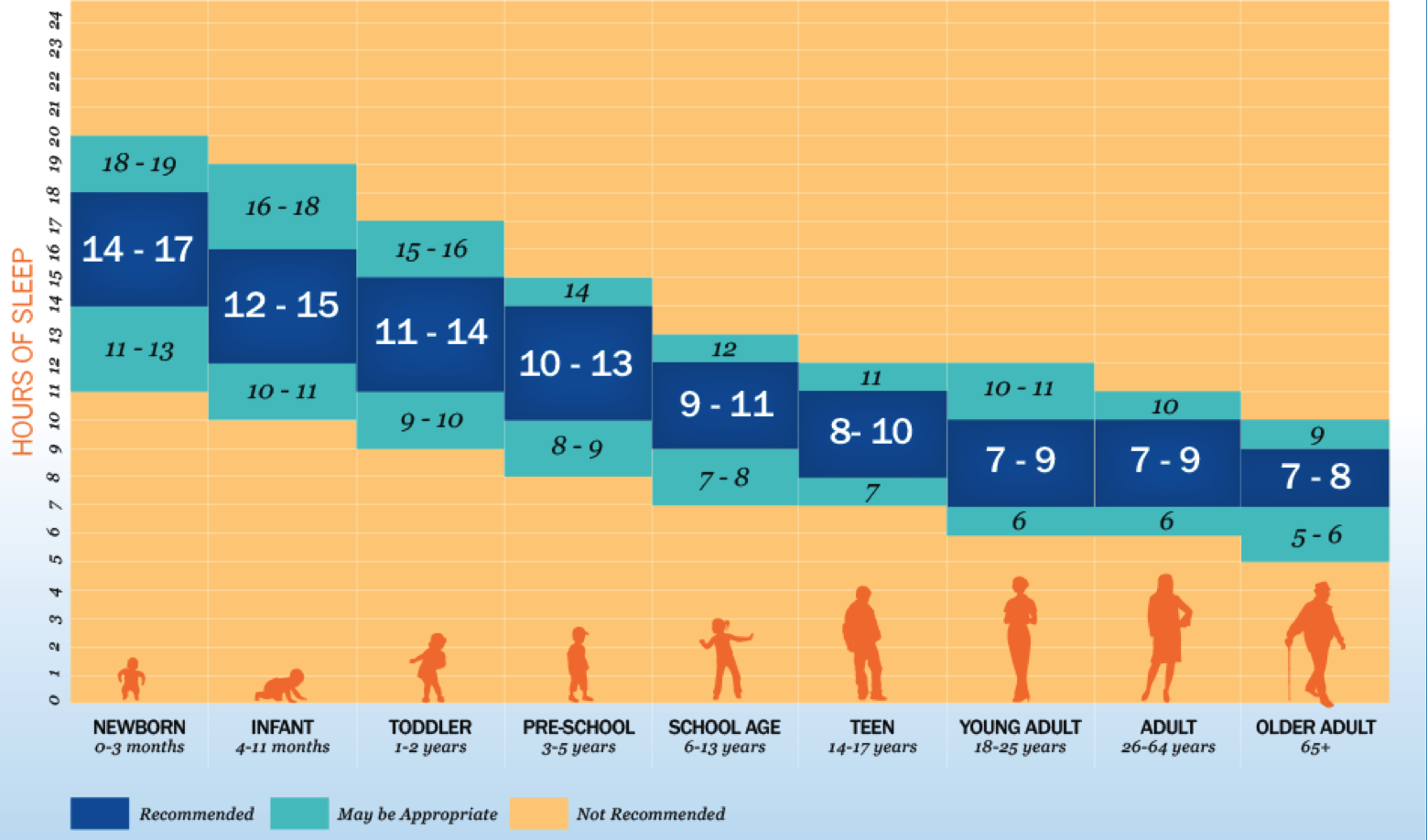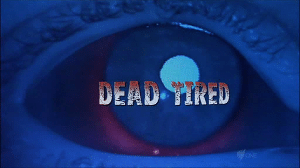 Sleep and Cancer: Secrets of healthy sleep – Health Equals Freedom
Sleep and Cancer: Secrets of healthy sleep – Health Equals Freedom
Lack of sleep and cancer are linked.
In our modern society, people are getting 90 minutes less sleep than they did one hundred years ago. One in three in our modern world is sleep deprived and carries a sleep debt. Those with cancer, shift-workers and new parents are particularly at risk of sleep deprivation. Now with so much screen time, even our children are at risk of sleep deprivation. Insomnia, or taking longer than 30 minutes to get to sleep, is the world’s most common medical disorder, and insomnia can lead to depression and suicide.
We know that a very big factor that is causing this erosion of sleep and sleep quality is way too much screen time before bed. It is recommended that there should be no brain exposure from the light from handheld devices such as, iPads, computers, and TVs at least 2 hours before sleep to improve the quality.
One in four people suffers from insomnia at some time in his/her life. Sleep is the primary way our body repairs, without adequate sleep we run this risk of developing a disease such as cancer.
FACT: There are 80 known sleep disorders, and 90 million people worldwide are taking sleeping tablets.
Sleep Deprivation – “An Interesting Case Study”
In a ground-breaking study done in Canada (shown on SBS documentary – ‘Dead Tired’), a healthy 25-year-old male, who was fit, a black-belt in Karate and Ambulance paramedic, had controlled reduction in his sleep from eight hours of sleep per night to three hours for a six-day period.
At the end of this 6-day period, he started to suffer hallucinations and had episodes of induced REVERY – where random thoughts from one part of the brain invade others. He experienced eighteen micro-sleep episodes in a 2-hour driving test and had a total of 25 minutes of sleep during the driving test. He also had changes in his blood sugar in a bad way (increases).
This work reinforces the evidence of how easy it is for any of us to experience sleep deprivation at any point in our lives and how damaging it can be to our health.
Why do we need sleep?
Sleep enables the body and mind to repair, regenerate and heal. Sleep is the only time the body can repair itself; it occurs at NO other time.
How much sleep is necessary?
The average adult needs eight hours of good quality sleep. We need three hours of shallow sleep, three hours of deep sleep for the body, and two hours of dreaming sleep for the mind. The healthy range is seven to nine hours and the absolute minimum is six hours. Children, because they are growing need 8-12 hours and the elderly, as they are expending less energy, 6-7 hours on average.
Extensive research has shown that below 6 hours we have increased chances of both physical and mental changes such as gaining weight, diabetes, cancer, depression, anxiety and other mental illness, as well as heart and other cardiovascular diseases. Sleep deprivation reduces responses to immune challenges. Our dreaming stage strengthens and integrates memories; we figure things out by searching through existing memories to consolidate what has happened to us while we are awake.

What kinds of things can make our sleep patterns change? Lack of sleep and cancer high on the list.
- Illness such as cancer,
- Age can be a factor. Younger people generally need more sleep during growth spurts or if they are doing vigorous activity. The minimum sleep required is six hours, irrespective of age,
- Overweight or obese people can have their airways obstructed by fat around the neck, which can lead to snoring and sleep apnoea,
- Hormonal fluctuations caused by menopause and pregnancy can interfere with sleep patterns,
- Trauma or anxiety, which can lead to depression, depression causes sleep problems as mentioned above,
- Injury can be another factor,
- Shift-work due to interrupted sleep patterns,
- New parents,
- Those in new relationships,
- Those in new jobs,
- The sleeping environment itself may be a factor; for example, too much light in the bedroom, noise and poor sleep hygiene such as dust mites, mould, noisy pets or partners!
- Jet lag can cause problems, and
- Irregular bedtimes.
NOTE: The bedroom should not be a place where you work such as studying, reading or watching TV; it should be left for sleep and relaxation to get into a good sleep habit. When you have cancer the more sleep you can get the better it is.
The Secrets to Healthy Peaceful Sleep
Sleep – Quality vs Quantity
The best way of gauging whether you have had enough sleep is by how you feel when you wake up in the morning. If you have had enough good quality sleep you should feel energised, refreshed and able to go the whole day without requiring caffeine, sugar, naps or any other stimulant. It is more about quality than quantity; six hours of good quality sleep is better than ten hours of poor quality.
So, what do I mean when I say poor quality? Poor quality includes any of the following behaviours or activities:
- snoring or sleep apnoea,
- tossing and turning,
- getting too hot or cold, blankets on/blankets off,
- getting out of bed to go to the toilet,
- not getting into a deep sleep or lying awake,
- back, neck, shoulder or muscle pain, and
- pins and needles and cramping.
Most people are so used to getting poor sleep they don’t realise the benefits that better-quality sleep could give them.
A Regular Sleep Pattern is VITAL!
Sleep repairs the body and mind; all organs are replenished, for example, muscles that are torn during the day repair and the discs in our back actually fill up with spinal fluid and so on. Stress, trauma, injury, exposure to excessive light and shift work can have detrimental effects on sleep, which controls all bodily (metabolic) functions including the immune system. Do you remember me mentioning that cancer is caused when the immune system is not able to control the growth of these mutated cells?
Children and adults with persistent sleep problems are more likely to develop depression. Sleep deprivation causes the brain to slow, which mean you cannot think fast, and lapses in attention or ‘micro-sleeps’ can happen, which can kill you if you are driving. Staying awake for 16 hours is equivalent to a blood-alcohol reading of 0.08. Tiredness accounts for a third of work-related accidents. Drowsy driving accounts for 1 in 4 accidents.
Research from the University of Michigan has shown that sleep disturbance can increase the risk of depression by four times. Good quality sleep is the number one thing that you can do for your health today!
Factors Affecting Healthy Sleep
We spend one third of our life sleeping and it is the only time, during which, the body is able to regenerate. In fact, by the time we are 80, we will have spent approximately 27 years in bed. Research also shows us that 90-95% of us suffer from poor quality sleep! Why is this?
Well when it comes time to buy a new bed, we begrudgingly drag ourselves down to the department store. If we were heading out to buy a new big screen TV or home theatre system, we’d certainly have a spring in our step, but NO, it’s just another bed.
You see, as a general rule, most people don’t value their mattresses and bedding!
If we don’t understand how important our mattress is to the quality of our sleep and ultimately our health.
Why would we want to spend a lot of $ on it?
These elements of your sleeping environment are critically important –
- A great supportive mattress (latex and innerspring designs are not suitable for a range of reasons),
- A great pillow, tailored to suit you,
- Breathable/Washable bedding.
Dr Rachel has delivered over 400 face-to-face seminars on sleep quality to the public and you can secure your own one-on-one healthy sleep coaching session with Dr Rachel by clicking here.
Yours in good health,

References
Collins K.P. et al., Sleep Med, 2017, 32;208-212.
Dead Tired, SBS Documentary, 2017.
Sleep and Wellbeing: exploring the links Victorian Health Promotion Foundation, Vic Health 2018
 Sleep and Cancer: Secrets of healthy sleep – Health Equals Freedom
Sleep and Cancer: Secrets of healthy sleep – Health Equals Freedom
